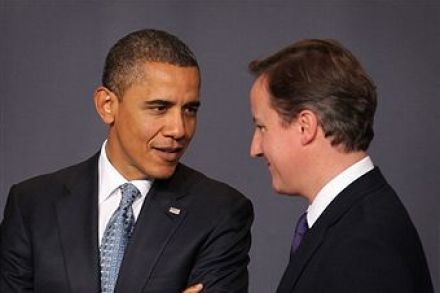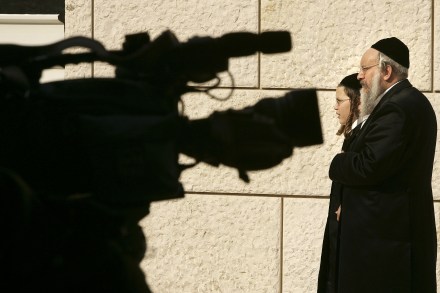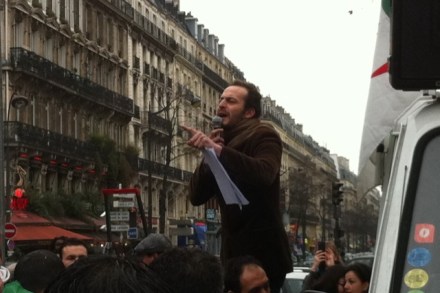1967 And All That
How do you reconcile these comments? Argument A: “Abbas and co have had a laughably free pass despite their serial aggression, bad faith, reneging on treaties and repeated expressions of exterminatory aggression and incitement to hatred and murder of Jews. Yet it’s Israel alone upon which Obama has dumped, by expecting it to make suicidal concessions to its attackers. At best, Obama remains even-handed between Judeophobic exterminators and their victims; that puts him on the side of the exterminators.” Argument B: “Obama offered the Palestinians nothing.” They’re from the same post. If B is true then A seems odd; if A is true then B seems even odder. Meanwhile, it’s
















